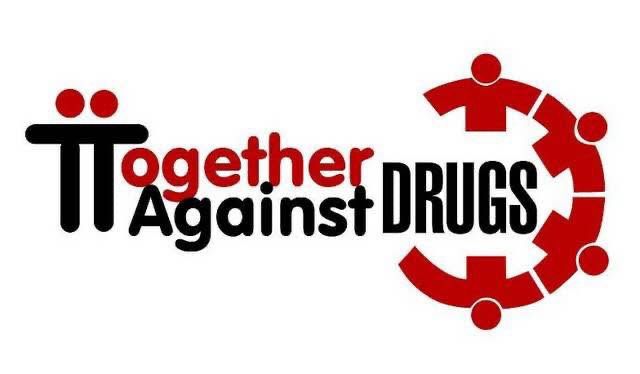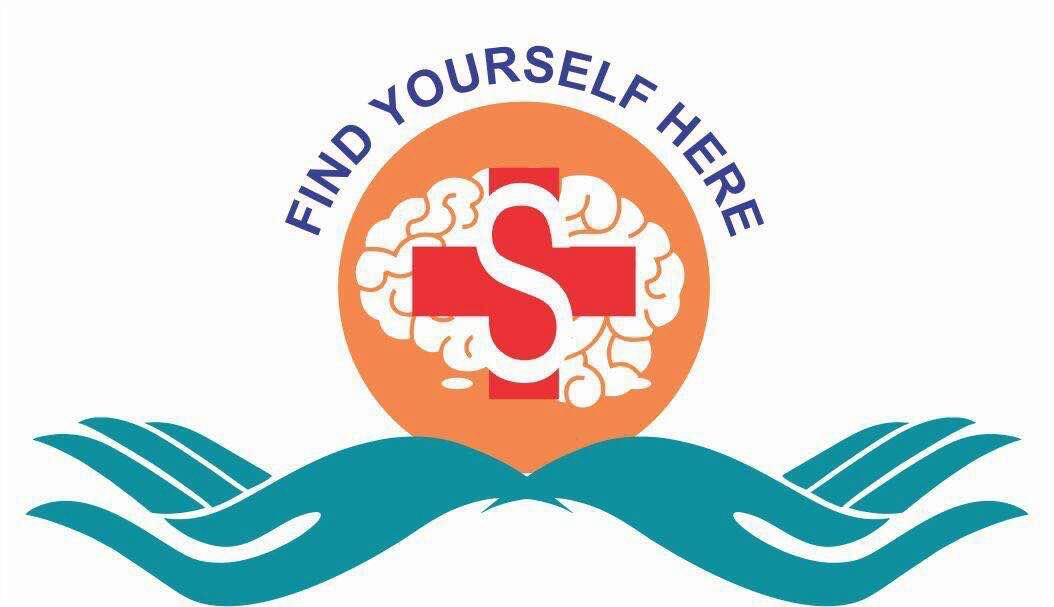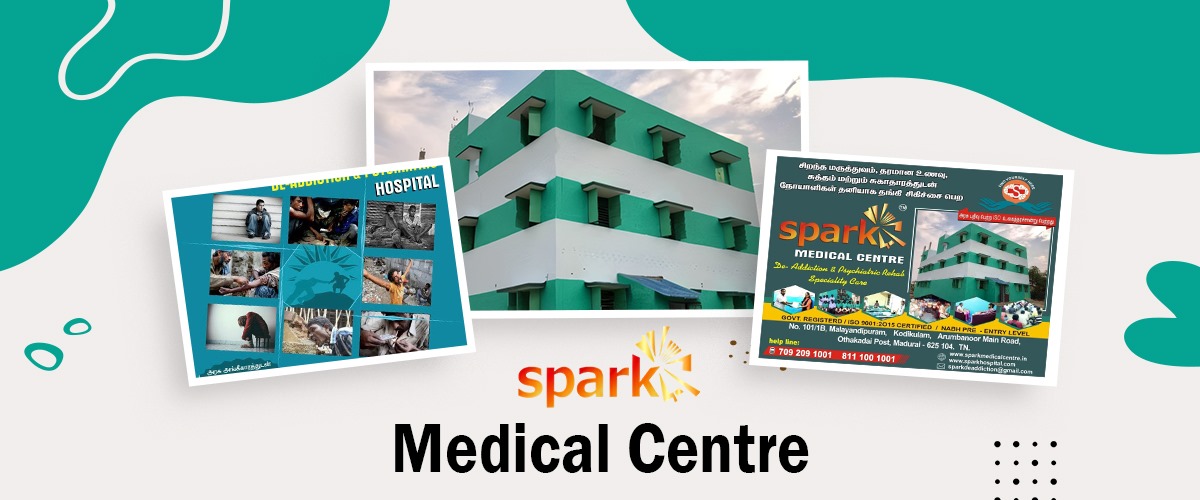
Post-Traumatic Stress Disorder (PTSD)
Post-Traumatic Stress Disorder (PTSD) is a serious mental health condition that can develop after experiencing or witnessing a traumatic event. This might include accidents, natural disasters, military combat, abuse, assault, or any life-threatening situation. PTSD can affect anyone, regardless of age or background, and often disrupts daily life, relationships, and emotional well-being.
Symptoms of PTSD
Re-experiencing the Trauma: Flashbacks, nightmares, or intrusive memories
Avoidance: Steering clear of places, people, or conversations related to the event
Negative Changes in Mood and Thinking:
Persistent feelings of guilt, shame, or fear
Emotional numbness or detachment
Loss of interest in activities once enjoyed
Hyperarousal:
Being easily startled or constantly on edge
Difficulty sleeping or concentrating
Irritability or angry outbursts

Causes of PTSD
Military Combat
Serious Accidents (car crashes, workplace injuries)
Physical or Sexual Assault
Childhood Abuse or Neglect
Natural Disasters (earthquakes, floods, fires)
Sudden Loss of a Loved One
Medical Trauma (life-threatening illness, intensive surgeries)
How to Recover
Seeking Professional Help: Early intervention by a mental health professional can make a significant difference.
Therapeutic Techniques: Learning coping strategies to manage triggers and regulate emotions.
Supportive Relationships: Family, friends, and support groups play a vital role in healing.
Self-Care: Mindfulness, exercise, sleep hygiene, and nutrition all contribute to emotional well-being.
Consistent Progress: Understanding that recovery is non-linear and may involve setbacks—but each step forward counts.

Our Treatments
Trauma-Focused Cognitive Behavioral Therapy (TF-CBT): A structured, short-term approach to change unhelpful thoughts and behaviors.
Eye Movement Desensitization and Reprocessing (EMDR): A powerful therapy designed to reduce distress associated with traumatic memories.
Prolonged Exposure Therapy: Helps reduce fear and avoidance by safely facing trauma-related memories and situations.
Medication Management: For symptoms such as anxiety, depression, or sleep issues.
Group Therapy: Connects individuals with shared experiences for peer support and healing.
Mindfulness & Stress Reduction Techniques: Helps manage anxiety and improve emotional regulation.
Veteran & First Responder Support Programs: Specialized care for those who experience trauma in the line of duty.


